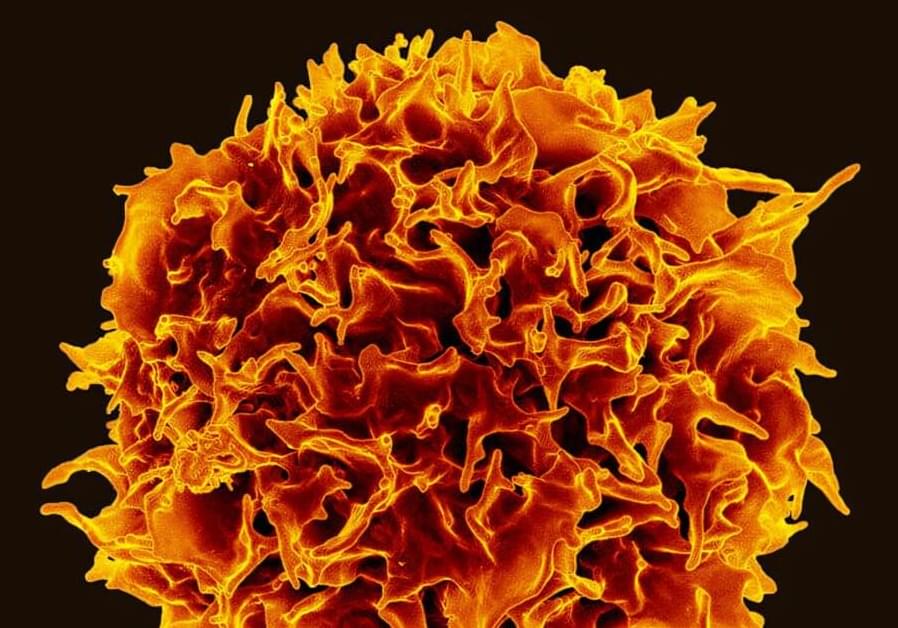In a discovery that could expand the array of current cancer immunotherapy treatments, scientists at Harvard Medical School have identified a new molecular brake that hinders the ability of T cells to attack tumors.
The research, published in Nature Immunology, offers a new pathway to design treatments that help more patients—a welcome development given that current cancer immunotherapies work in less than half of those who receive them.
The research, done in mice and in human cells, shows that a protein called STUB1 restrains the immune system’s elite cancer-fighting CD8+ T cells. It does so by interfering with immune-signaling receptors—particularly one for the molecule IL-27—that are crucial for T cells’ ability to mount a vigorous anti-tumor response.
